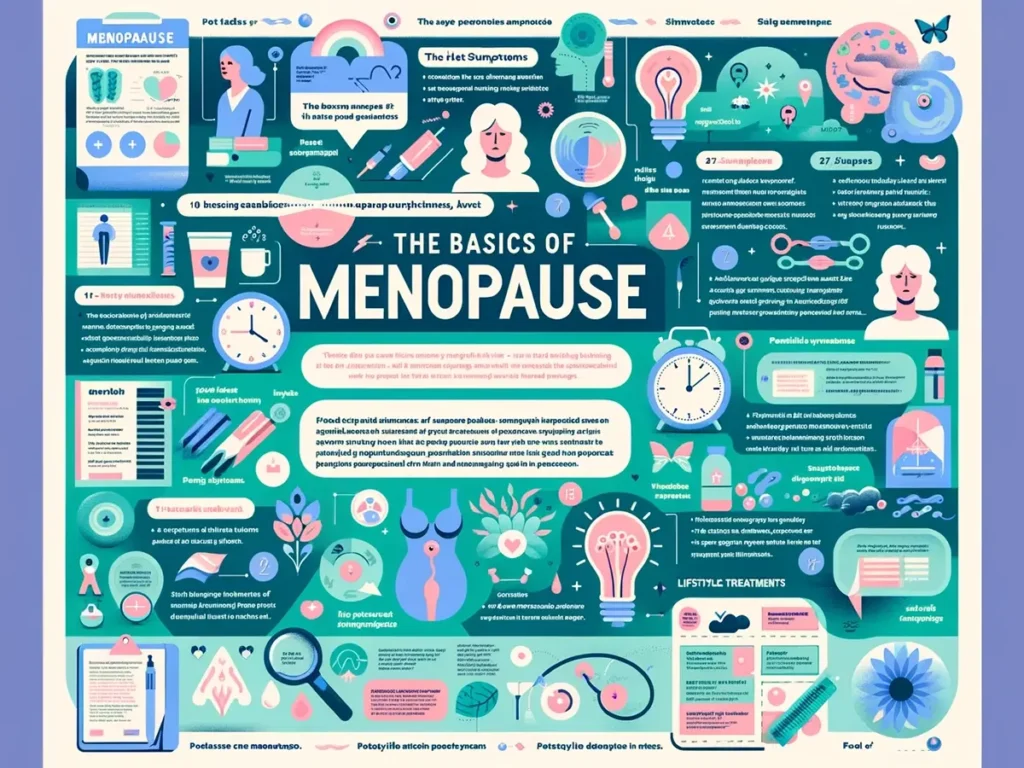What is Menopause?
Menopause is a natural biological process that marks the end of a woman’s menstrual cycle. It is a significant milestone in a woman’s life and typically occurs in her late 40s or early 50s. Menopause is officially diagnosed after a woman has gone 12 consecutive months without a menstrual period.
Signs and Symptoms
Menopause is associated with a wide range of physical and emotional symptoms. The most common signs of menopause include hot flashes, night sweats, vaginal dryness, sleep disturbances, mood swings, and decreased sexual desire.
Hot flashes are one of the most recognizable symptoms of menopause. They are described as sudden waves of intense heat lasting for a few seconds to several minutes. Hot flashes can be accompanied by sweating, facial flushing, and a rapid heartbeat.
Impact on Women’s Health
Menopause can have a significant impact on a woman’s health. The decrease in estrogen levels during menopause can lead to a variety of health issues, including an increased risk of osteoporosis, heart disease, and weight gain.
Osteoporosis is a condition characterized by weak and brittle bones. Estrogen plays a crucial role in maintaining bone density, so the decrease in estrogen levels during menopause can accelerate bone loss and increase the risk of fractures.
Managing Menopause Symptoms
While menopause is a natural process that cannot be prevented, several strategies can help manage its symptoms. Hormone replacement therapy (HRT) is a common treatment option for menopause symptoms. HRT involves taking estrogen and progesterone to replace the hormones that the body no longer produces.
However, HRT is not suitable for every woman, and there are potential risks associated with its use. Discussing the benefits and risks of HRT with a healthcare provider before starting this treatment is essential.
Lifestyle Changes
Certain lifestyle changes can help alleviate menopause symptoms in addition to medical treatments. Regular exercise, a healthy diet, and stress management techniques can improve overall well-being during menopause.
Regular physical activity can help reduce the frequency and severity of hot flashes, improve sleep quality, and maintain bone health. A diet rich in fruits, vegetables, whole grains, and lean proteins can provide the necessary nutrients to support overall health.
Conclusion
Menopause is a natural transition that every woman goes through. While it can bring about various challenges, it is essential to remember that menopause is a normal part of life. By understanding and managing the symptoms effectively, women can navigate through this phase gracefully and maintain their overall health and well-being.






